Anxiety is a prevalent and often debilitating condition that affects millions of individuals worldwide. It manifests in various forms, including generalized anxiety disorder, panic disorder, social anxiety disorder, and others.
While lifestyle changes and therapy can significantly aid in managing anxiety, medication often plays a crucial role in providing relief for those with more severe symptoms or who find other treatments insufficient. The landscape of anxiety medication is diverse, encompassing different classes of drugs, each with its own mechanisms of action, benefits, and potential side effects.
Which Medications Are Best For Anxiety?
For more immediate or severe anxiety, benzodiazepines such as Diazepam and Lorazepam can offer quick relief, though they are typically used cautiously due to the potential for dependence and withdrawal. Non-benzodiazepine options like Buspirone offer a less sedative approach, focusing on anxiety management without the risk of dependency. Additionally, medications like Hydroxyzine and Pregabalin, though not first-line treatments, can be useful in specific cases, particularly when other medications are not suitable.
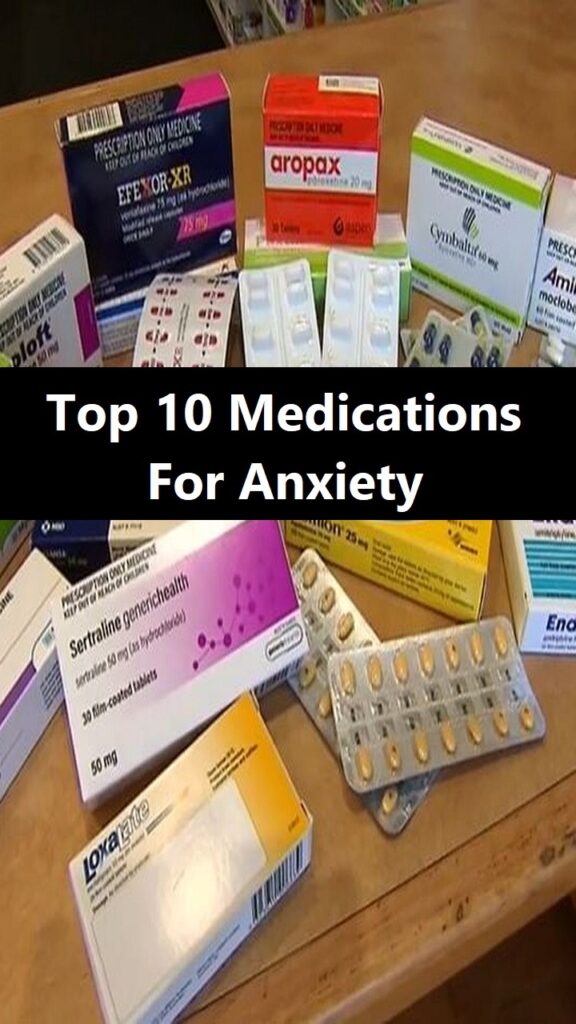
Choosing the right medication involves a personalized approach, considering factors such as the specific type of anxiety disorder, individual health conditions, and potential side effects. In this article, we will explore the top 10 medications for anxiety, providing insights into their uses, benefits, and considerations to help you understand how these treatments can play a role in managing anxiety effectively.
Top 10 Medications For Anxiety
When treating anxiety, medications can play a crucial role. Here are some commonly prescribed medications for each condition:
Sertraline (Zoloft): A widely used SSRI that helps increase serotonin levels in the brain, which can improve mood and reduce anxiety. It is often prescribed for generalized anxiety disorder (GAD), panic disorder, and social anxiety disorder.
Sertraline can be effective in stabilizing mood and reducing symptoms such as excessive worry, fear, and agitation. Common side effects include nausea, insomnia, and sexual dysfunction, but these typically diminish over time. It’s important to follow your healthcare provider’s instructions and report any unusual side effects or changes in mood.
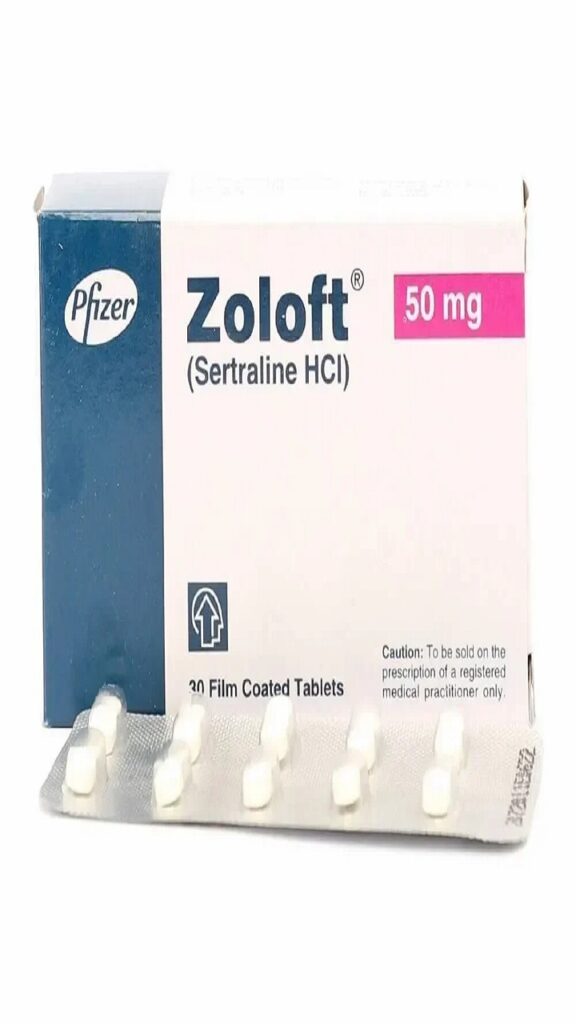
Escitalopram (Lexapro): Another SSRI known for its efficacy in treating both anxiety and depression. By increasing serotonin levels, it helps to enhance mood and alleviate anxiety symptoms. It is particularly useful for treating GAD and major depressive disorder.
Escitalopram tends to have a favorable side effect profile, though some individuals may experience headaches, gastrointestinal issues, or sleep disturbances. Regular monitoring by a healthcare provider is recommended to assess effectiveness and manage any side effects.
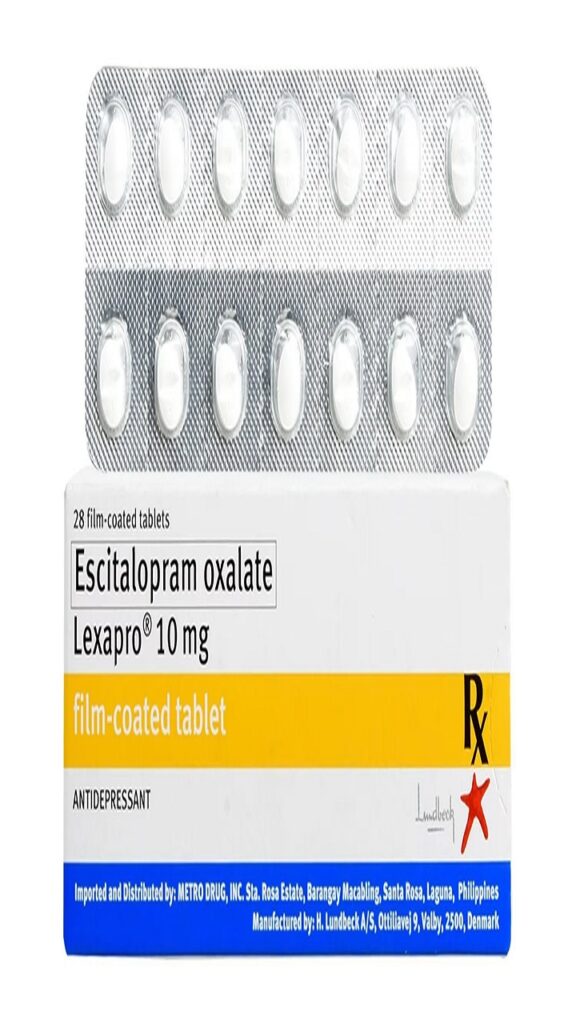
What’s The Best Antidepressant For Anxiety And Depression?
Paroxetine (Paxil): SSRI that effectively treats a range of anxiety disorders, including panic disorder, social anxiety disorder, and GAD. It works by increasing serotonin levels, which helps to balance mood and reduce anxiety symptoms.
Paroxetine may cause side effects such as drowsiness, weight gain, and sexual dysfunction. It is important for patients to work closely with their healthcare provider to manage any side effects and to find the right dosage for their needs.
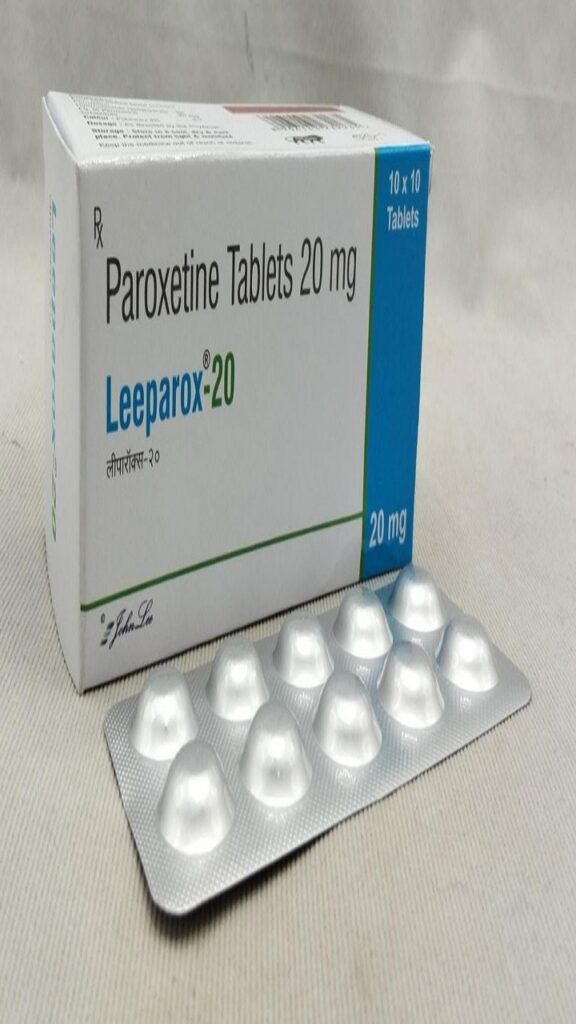
Venlafaxine (Effexor XR): SNRI that treats anxiety and depression by increasing both serotonin and norepinephrine levels in the brain. It is often used for GAD, social anxiety disorder, and panic disorder. The extended-release form helps provide a consistent level of medication throughout the day.
Common side effects include dizziness, dry mouth, and nausea. Venlafaxine may also have a higher risk of increasing blood pressure, so regular monitoring is advised. It is crucial to follow dosage instructions carefully and to communicate any concerns with a healthcare provider.
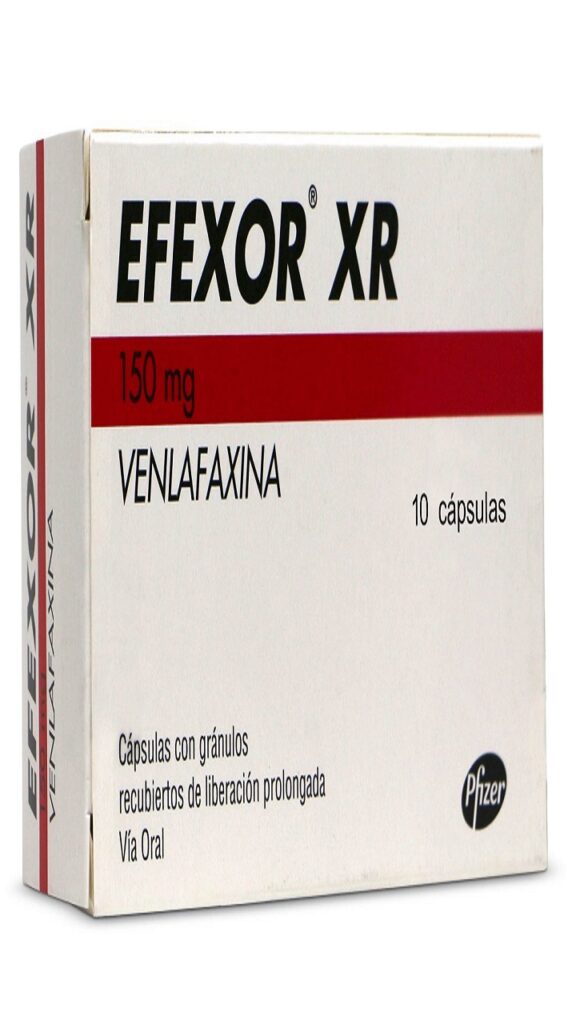
Everything You Need To Know About Anxiety Medications
Duloxetine (Cymbalta): An SNRI used to manage both anxiety and depression. It works by increasing serotonin and norepinephrine levels, which can help improve mood and reduce anxiety symptoms. Duloxetine is effective for GAD and also for chronic pain conditions.
Common side effects include fatigue, dry mouth, and digestive issues. It is important for patients to monitor their response to the medication and to consult their healthcare provider if side effects are persistent or bothersome.

Buspirone (Buspar): A non-benzodiazepine medication used specifically for treating generalized anxiety disorder. It works by affecting serotonin and dopamine receptors in the brain, which helps to alleviate anxiety without the sedative effects of benzodiazepines.
Buspirone is less likely to cause dependence or withdrawal symptoms compared to other anxiety medications. Side effects can include dizziness, headache, and nausea. It may take several weeks to notice the full benefits, so patience and consistent use are key.
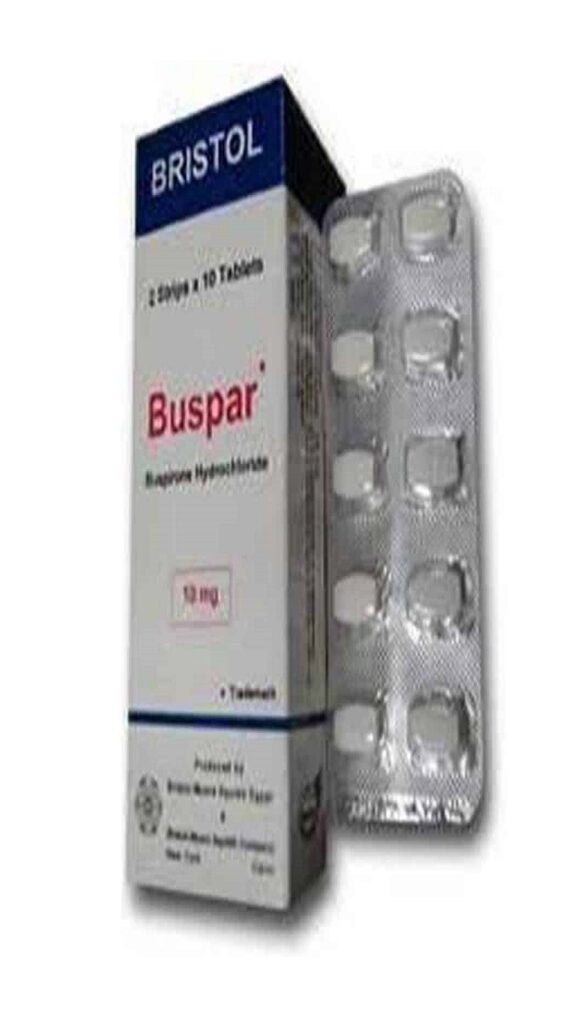
Which Medications Are Best For Anxiety Disorders?
Benzodiazepines (e.g., Diazepam, Lorazepam): Effective for short-term relief of severe anxiety symptoms due to their sedative properties. Medications such as Diazepam (Valium) and Lorazepam (Ativan) work by enhancing the effects of a neurotransmitter called GABA, which has calming effects on the brain.
While effective, benzodiazepines are not recommended for long-term use due to risks of dependence and withdrawal. They are typically prescribed for acute anxiety or as a bridge while other medications take effect.
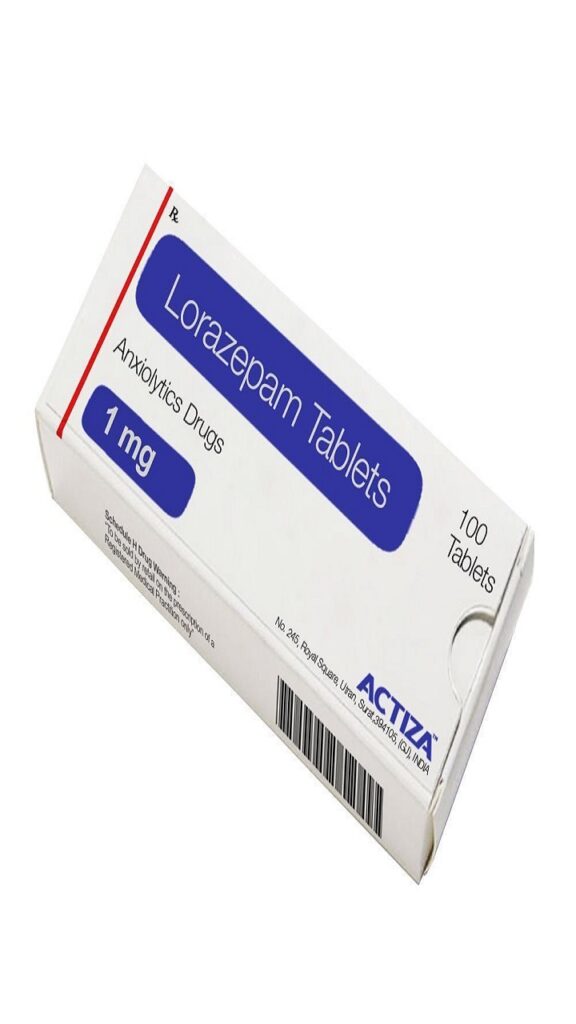
Clonazepam (Klonopin): A benzodiazepine used for anxiety and panic disorders. It helps to reduce excessive electrical activity in the brain, which can alleviate symptoms of anxiety and panic attacks.
Clonazepam is effective for short-term management but should be used cautiously due to the potential for dependence. Side effects can include drowsiness, dizziness, and impaired coordination. It is essential to use Clonazepam under the guidance of a healthcare provider and to avoid abrupt discontinuation.
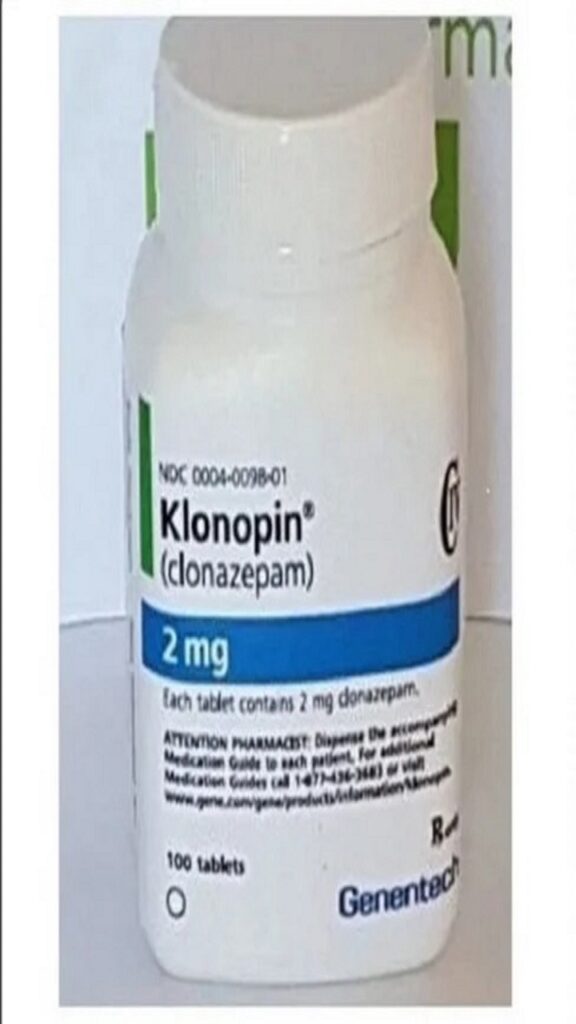
10 Medications for Anxiety?
Hydroxyzine (Vistaril): An antihistamine with sedative properties that can be used to manage anxiety, especially in the short term. It works by blocking histamine receptors, which can help to induce a calming effect.
Hydroxyzine is often prescribed for anxiety when other medications are not suitable or when a quick relief is needed. Common side effects include drowsiness, dry mouth, and blurred vision. It is not recommended for long-term use and should be used as directed by a healthcare provider.
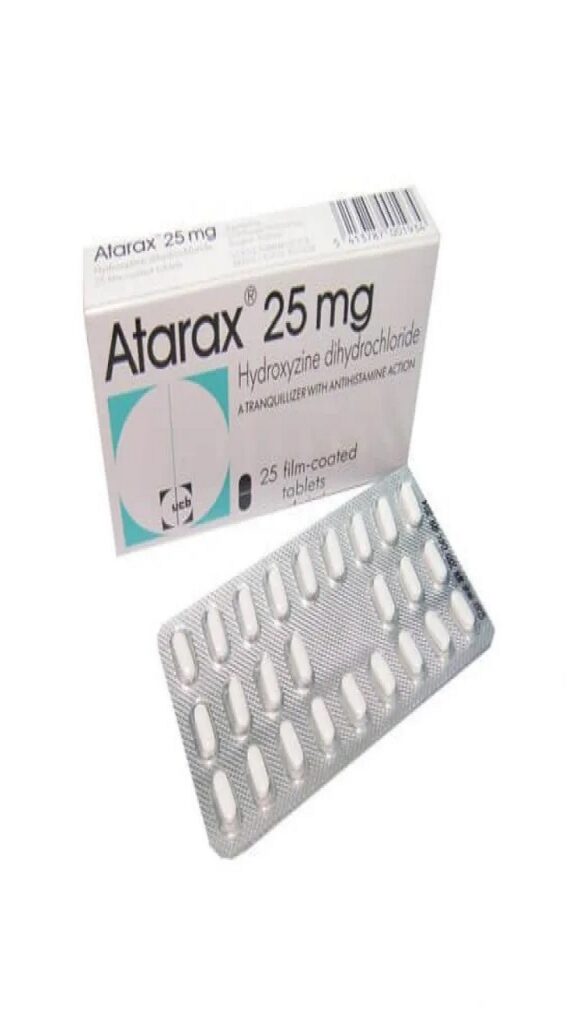
Pregabalin (Lyrica): an anticonvulsant that also has anxiolytic properties. It is used to treat generalized anxiety disorder and is effective in reducing anxiety symptoms by affecting neurotransmitters involved in mood regulation.
Pregabalin can be beneficial for individuals with anxiety and co-occurring conditions like chronic pain. Side effects may include dizziness, weight gain, and drowsiness. Regular monitoring by a healthcare provider is important to ensure the medication is effective and to manage any side effects.
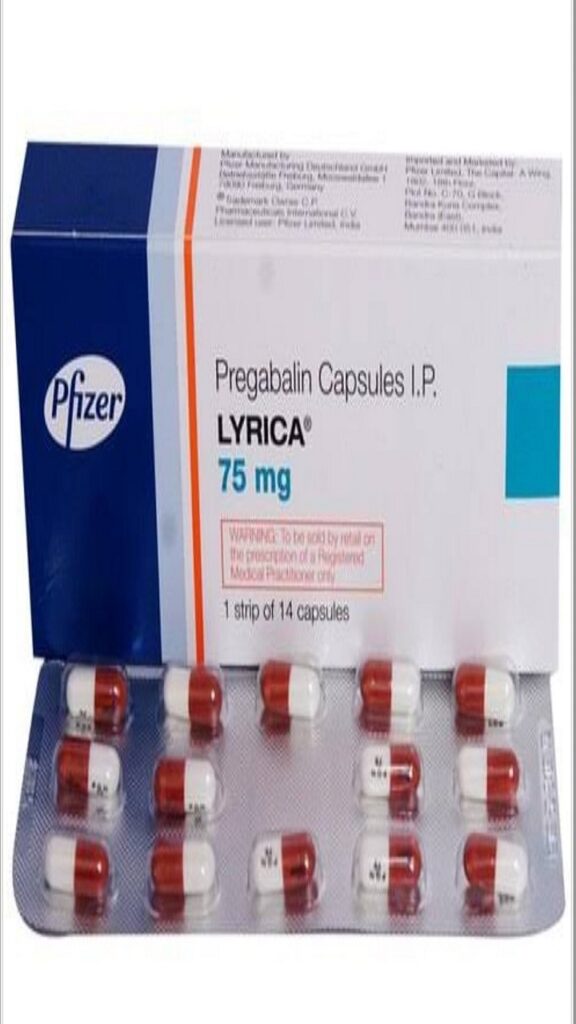
Conclusion:
Navigating the landscape of Top 10 Medications for Anxiety involves understanding a diverse range of options, each with its unique benefits and potential side effects. From SSRIs and SNRIs to benzodiazepines and non-benzodiazepine anxiolytics. These medications offer various approaches to managing symptoms and improving quality of life.
The choice of medication tailored to individual needs, with careful consideration of the specific anxiety or depressive disorder, as well as any co-existing conditions. Collaborating closely with a healthcare provider is essential to finding the most effective treatment plan and achieving the best possible outcomes for mental well-being.
Contents





